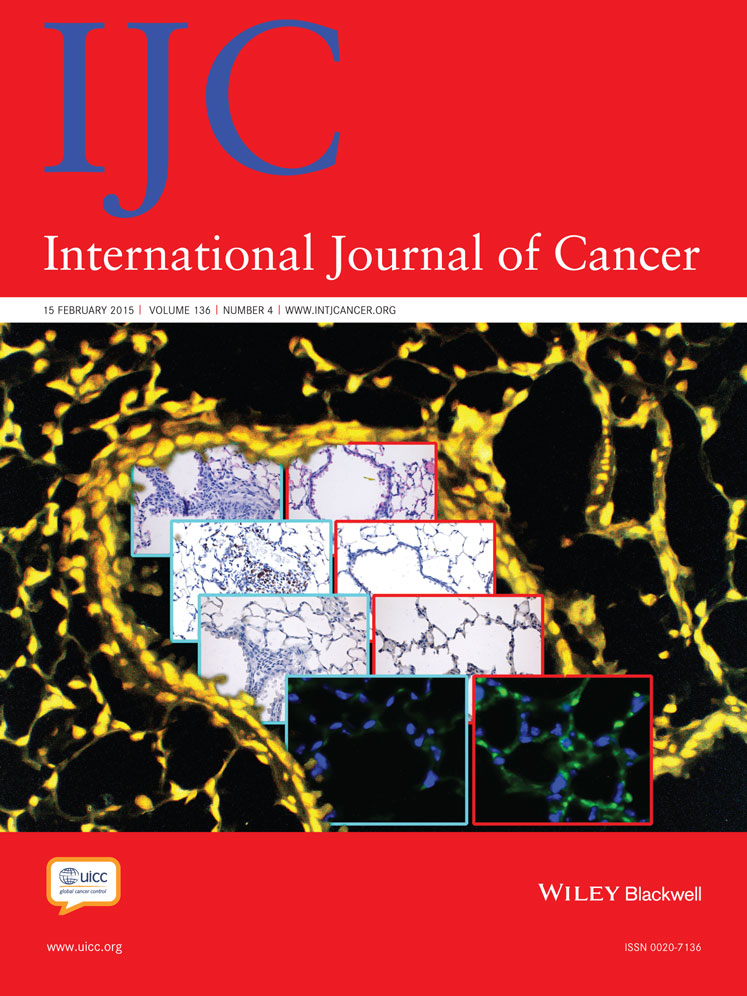Fatty liver creates a pro-metastatic microenvironment for hepatocellular carcinoma through activation of hepatic stellate cells
Brief description: Although fatty liver is associated with hepatocarcinogenesis, it is unclear whether fatty liver promotes hepatocellular carcinoma (HCC) progression. Through and in vivoimodels, we investigated whether steatotic liver promotes HCC progression and whether steatotic liver hepatic stellate cells (HSCs) are associated with HCC progression. Activated fatty liver HSCs significantly contributed to HCC proliferation and migration, and exhibited increased secretion of interleukin-α, vascular endothelial growth factor, and transforming growth factor-β in the tumor microenvironment.
Abstract
Fatty liver (FL) is associated with development of hepatocellular carcinoma (HCC). However, whether FL itself promotes the progression of HCC is unclear. We recently found that hepatic stellate cells (HSCs) were prominently activated in the steatotic liver. Here, we investigated whether steatotic livers promote HCC progression and whether HSCs of steatotic liver are associated with HCC progression. We implanted rat HCC cells into diet-induced steatotic livers in rats via portal vein injection. Thereafter, HSCs and HCC cells were co-implanted subcutaneously into nude rats. Migration and proliferation of HCC cells were measured, and activation of ERK and Akt in these cells was determined by western blotting. Chemokines secreted from HSCs and HCC cells were also evaluated by ELISA. Steatotic livers significantly promoted HCC metastasis compared with non-steatotic livers. Additionally, co-implantation of HCC cells with HSCs from steatotic livers produced significantly larger tumors in recipient rats as compared to those induced by HCC cells co-implanted with HSCs from normal livers (NLs). HSCs isolated from steatotic livers, compared with HSCs isolated from NLs, secreted greater amounts of interleukin-1α, vascular endothelial growth factor, and transforming growth factor-β. These cytokines may enhance the proliferation and migration of HCC cells by increasing the phosphorylation of ERK and Akt in HCC cells. Moreover, we noted that the Rho-kinase inhibitor deactivated activated HSCs and attenuated HCC progression. In conclusion, the rat steatotic liver microenvironment favors HCC metastasis, and this effect appears to be promoted by activated HSCs in the steatotic liver.
Abstract
What's new?
Fatty liver is associated with hepatocellular carcinoma (HCC), but its exact role has been unclear. In this study, the authors found that HCC metastasis was increased in rats whose livers were steatotic. They also found that when hepatic stellate cells (HSCs) from rats with steatotic livers were co-injected with HCC cells into normal rats, the resulting tumors were significantly larger than when normal HSC cells were used. The increased levels of cytokines secreted by activated fatty-liver HSCs may enhance proliferation and migration of HCC.




